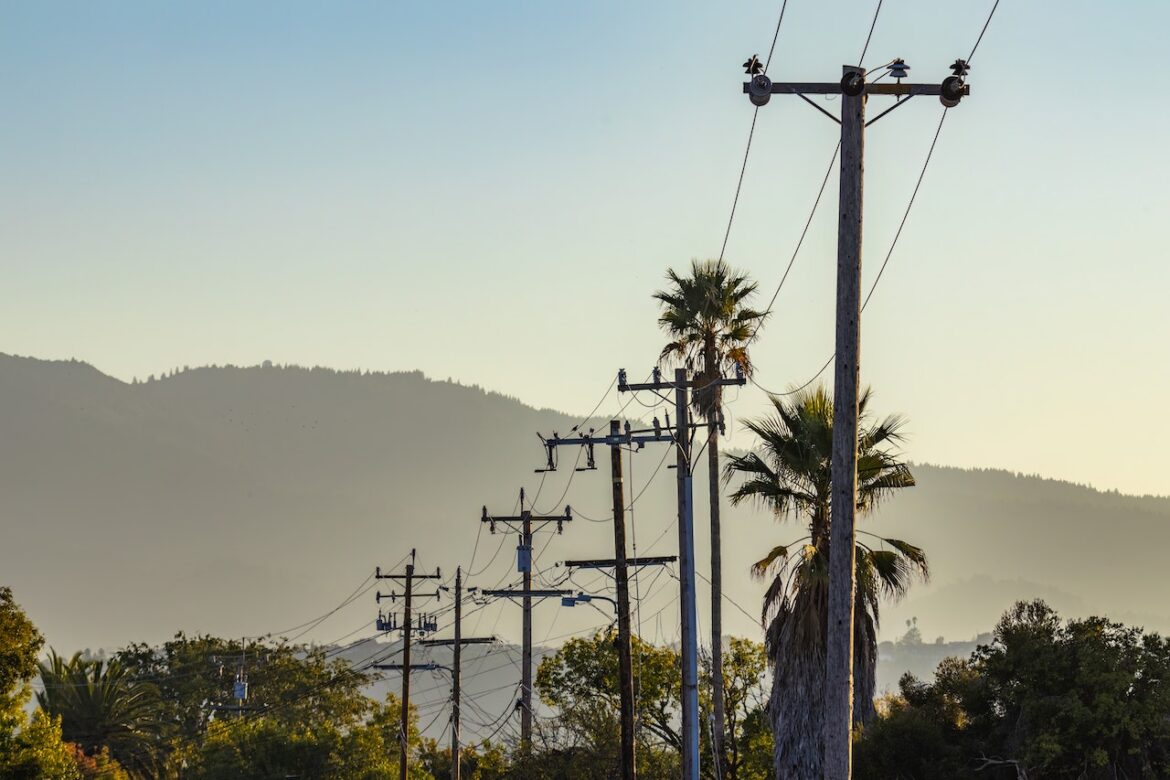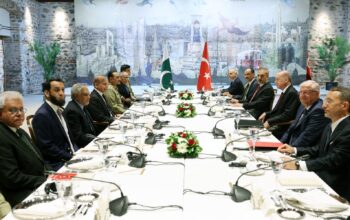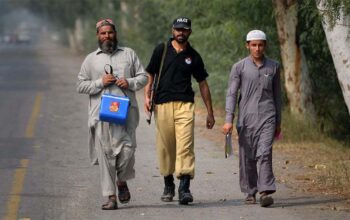Intent on pushing through the privatisation agenda laid down by the previous government, Pakistan’s caretaker set up is weighing options to sack the governors of power distribution companies.
By Staff Reporter
ISLAMABAD: The caretaker government is contemplating various options to scrap the boards of governors of all loss-making power distribution companies although it is far from clear if it can or should, being both unelected and interim.
A proposal broached by a caretaker minister at a meeting of the Cabinet Committee of State-owned Enterprises (CCoSOE) last week seeks to scrap all boards of the DISCOs because they are proving stumbling blocks in the way for overhauling the cash bleeding power sector.
This idea was initially floated by Minister for Privatization Mr Fawad Hassan Fawad, but then it was pointed out that under statutory rules the interim government cannot make appointments to offices with three to five year terms.
Pakistan’s 10 independent Discos came into being after the 2010 separation of the power wing from Wapda, with a view to improving the financial health of the sector. The ultimate object of the exercise was to privatise these companies, putting this critical sector of the economy in private hands.
However, the process of privatisation hit all kinds of snags over the years, leading to a situation where the boards of governors of these entities are being seen as part of the problem rather than a step towards a solution.
The sectoral performance evaluation report for fiscal year 2021-22 published by Nepra (National Electric Power Regulatory Authority’s) found that poor governance and mismanagement continue to plague operations of the Discos, resulting in a combined loss of around PKR 170 billion.
Collectively, the ten discos were able to collect only PKR 2.517 trillion against the billed amount of PKR 2.686 trillion over the fiscal year 2021-22, strapping the national exchequer with a huge burden.
It is against this backdrop that the caretaker government is arriving at a conclusion that scrapping the boards of governors of the Discos is the only way to move forward. However, if new boards of DISCOs are appointed by the caretaker government for three years, it will override the powers of the next elected government.
It is not clear at this point if and how the caretaker government can negotiate this catch 22.
Another matter that raised many eyebrows at the meeting was the Minister for Railways terming the Pakistan Railways as a strategic entity, arguing that it could not be sustainably revived until and unless it was run on a commercial basis and geared towards facilitating the passengers.
The principal agenda of the meeting, held at the Finance Division with the caretaker economy czar Dr Shamshad Akhtar in chair, was to conduct a comprehensive review and finalisation of the State-Owned Enterprises Policy 2023, a landmark initiative aimed at reforming and revitalising Pakistan’s state-owned enterprises.
The Committee engaged in constructive discussions, reviewing key elements of the policy in light of suggestions of the previous meetings, including governance structures, performance, and accountability mechanisms.
The Finance Minister stated that the State-Owned Enterprises Policy 2023 represents a critical step towards restructuring and modernising our state-owned enterprises and economy. She hoped the policy will pave the way for a more efficient utilisation of public resources and will enhance the overall economic landscape of Pakistan.
The Finance Minister underlined that the inconsistencies, contradictions and ambiguities in the relevant laws and rules have to be corrected to improve corporate governance in the SOEs. She said that the code of conduct for boards of governors in the SoEs have to be formulated and implemented in letter and spirit. The Finance Minister also emphasised the importance of enhanced scrutiny of the “fit and proper criterion” by the regulators.
Dr Shamshad Akhtar underscored that the mismanagement of the SoEs due to the status quo cannot be allowed to continue and their operations have to be improved through enhanced efficiency, transparency, and sustainability of state-owned enterprises.
The Finance Minister said that the Cabinet Committee on State-owned Enterprises and the Central Monitoring Unit have to play a major role to ensure business plans of the SOEs are in line with the sectoral priorities.
The Caretaker Finance Minister extended appreciation to members of the Committee for their contributions and commitment in the formalisation and finalisation of this transformative policy initiative.
The final draft of the State-Owned Enterprises Policy 2023 would be presented to the federal cabinet for endorsement.
The meeting was attended by Minister for Privatization Mr Fawad Hassan Fawad, Minister for Communication, Maritime, & Railways, Mr. Shahid Ashraf Tarar, Minister for Power & Petroleum, Mr. Muhammad Ali, Advisor to the PM on Finance, Dr. Waqar Masood, Deputy Chairman, Planning Commission Mr. Jahanzaib Khan, Chairman SECP, Federal Secretaries and other senior officers.
Copyright © 2021 Independent Pakistan | All rights reserved




